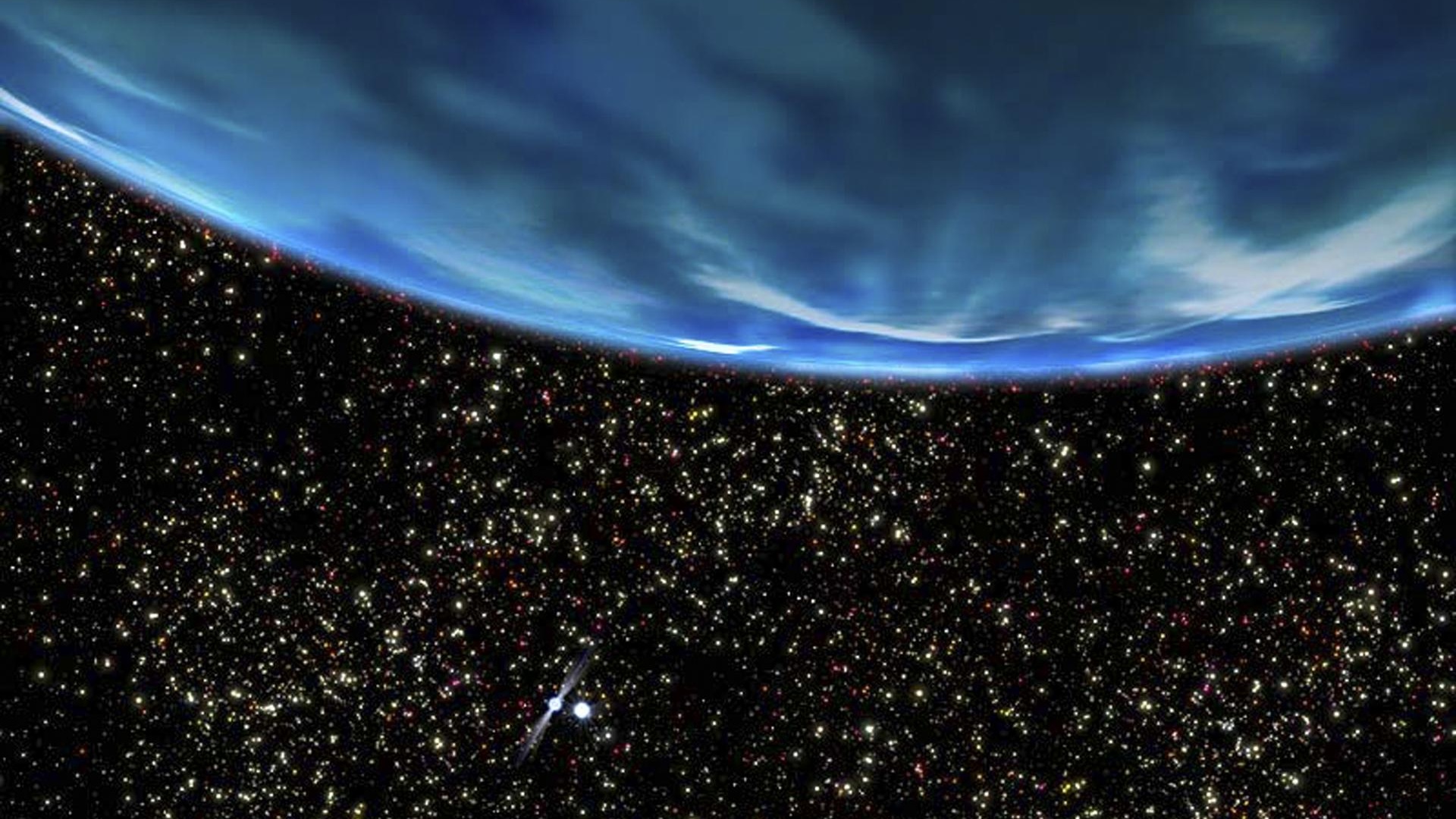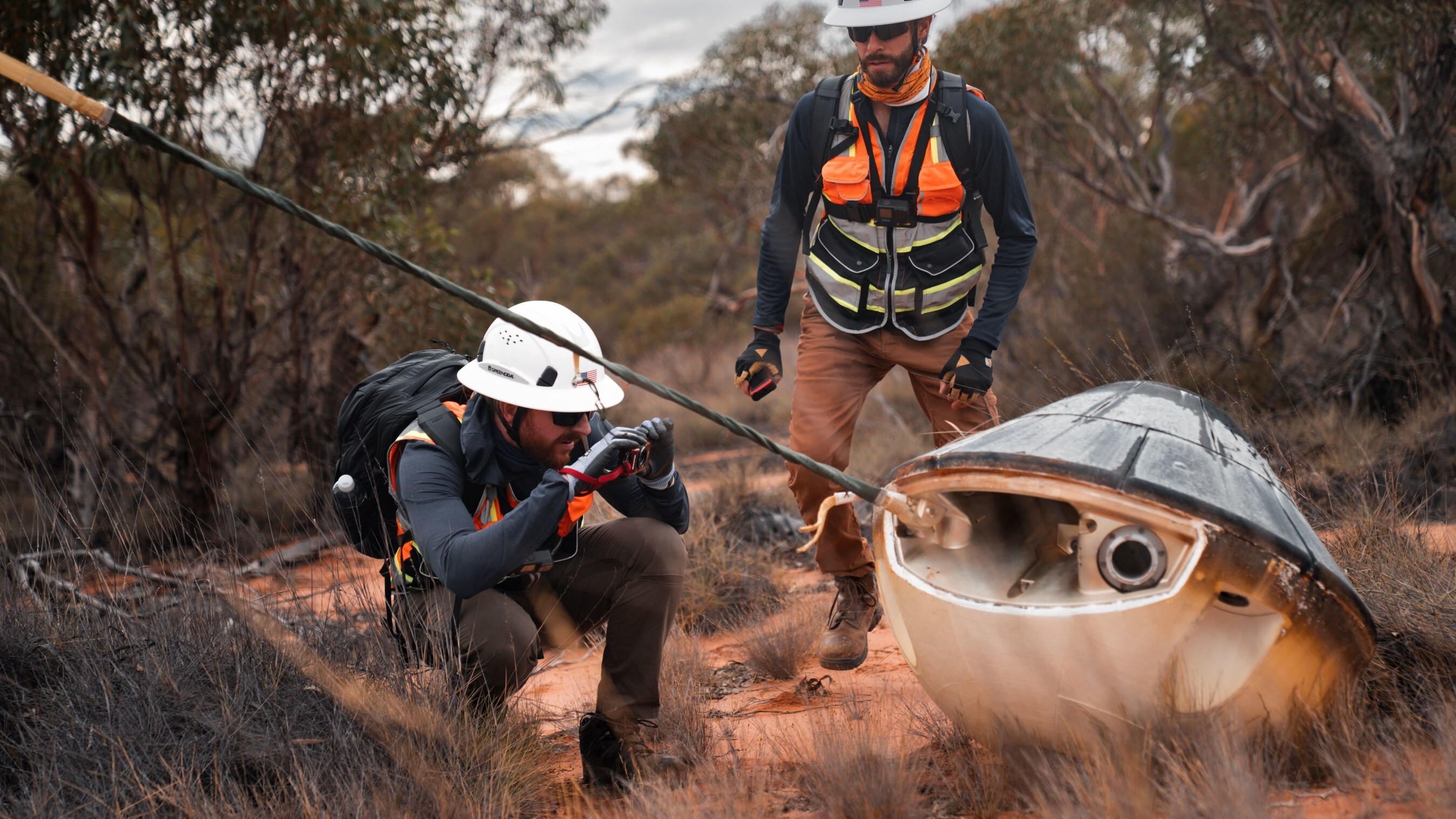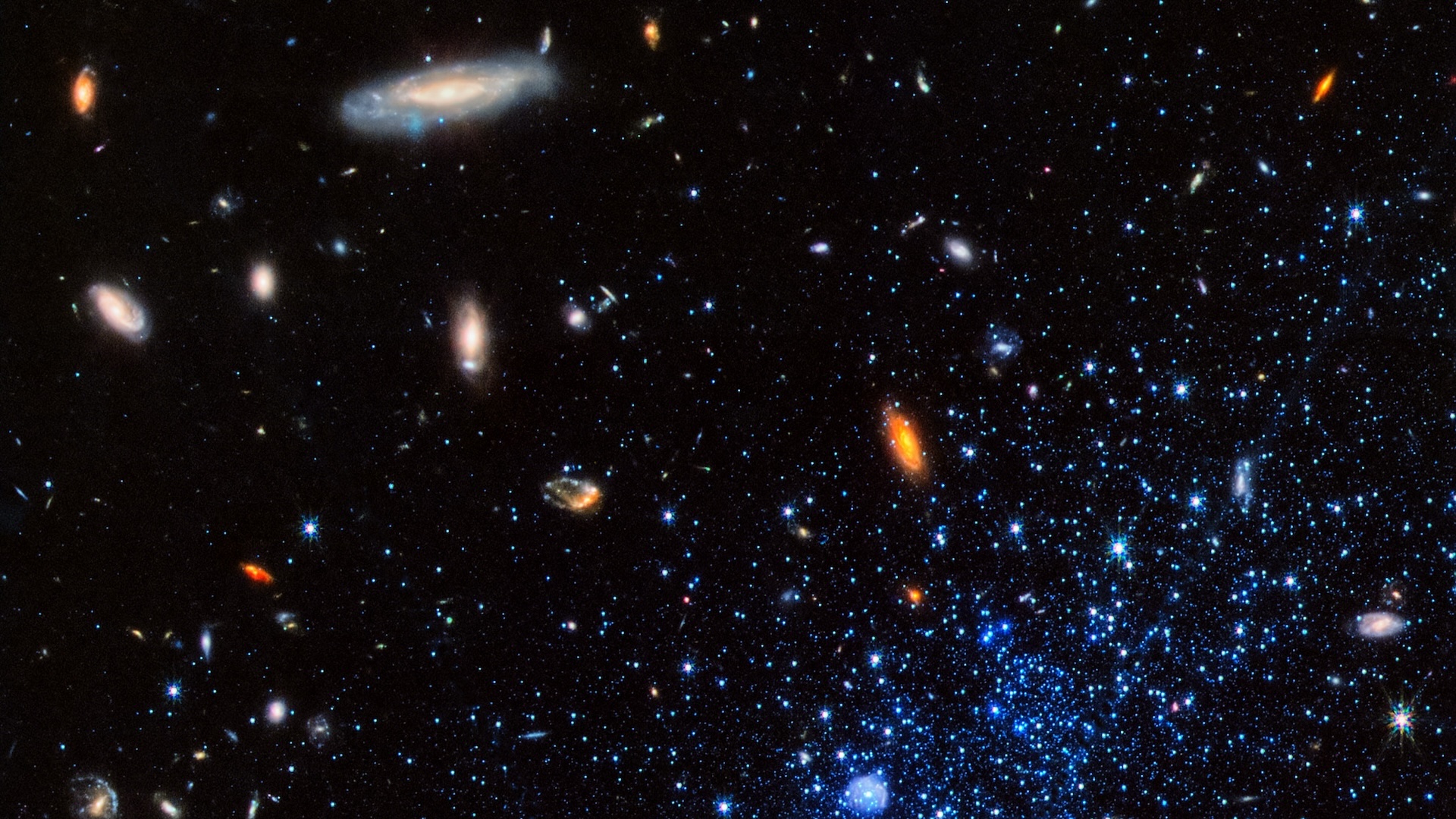Space news, features and articles
Explore Space
Editor's Picks
Latest about Space

Best solar eclipse glasses to stay safe when viewing the partial solar eclipse on March 29
By Kim Snaith published
There's a partial solar eclipse taking place on March 29, so prepare yourself by picking up a safe set of the best solar eclipse glasses.
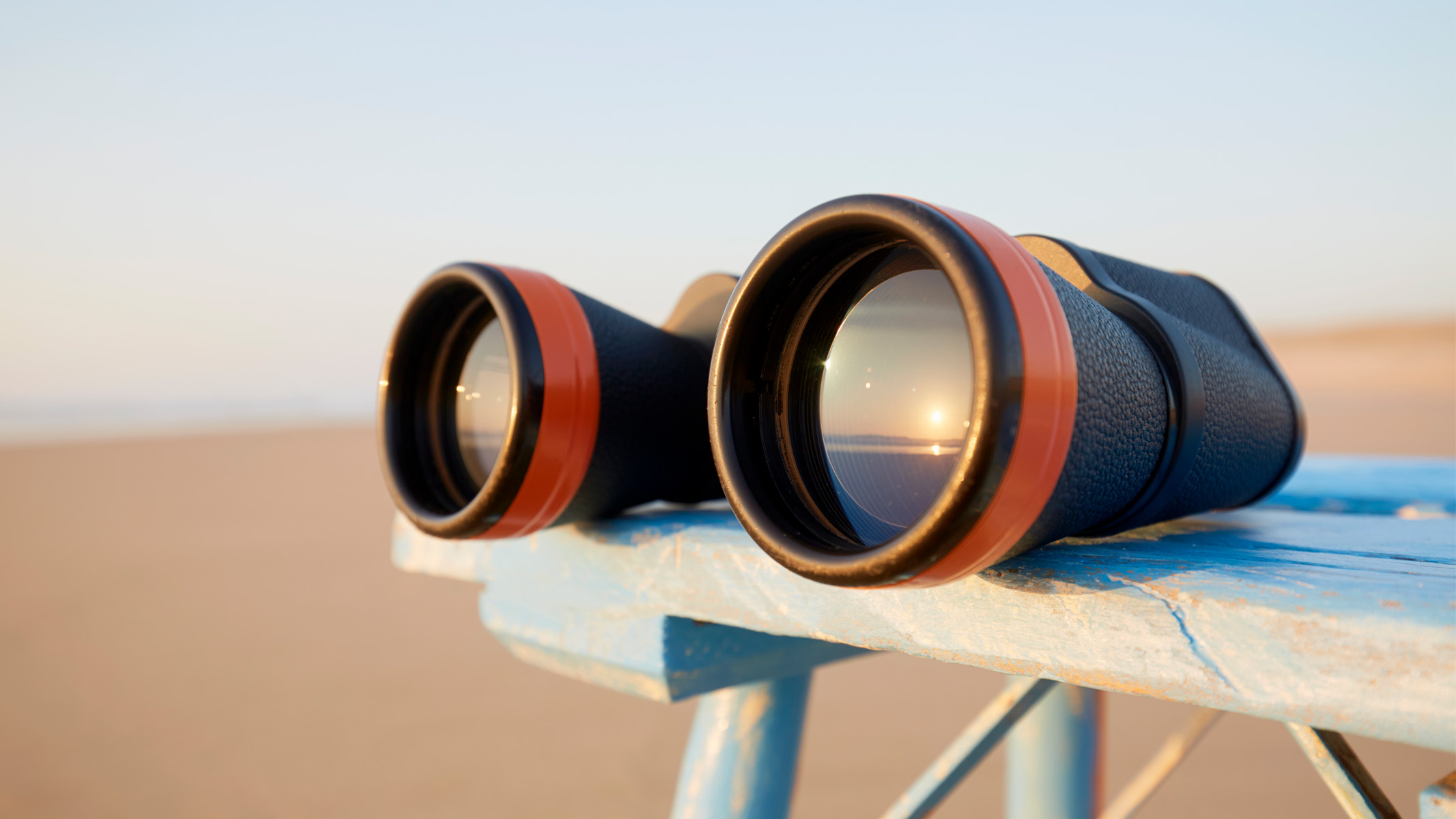
Best solar binoculars 2025: Observe the partial solar eclipse this week
By Kim Snaith published
Use the best solar binoculars to get a better look at the upcoming partial solar eclipse on March 29 while protecting your eyes, or observe the sun at any time of year and see sun spots and more.
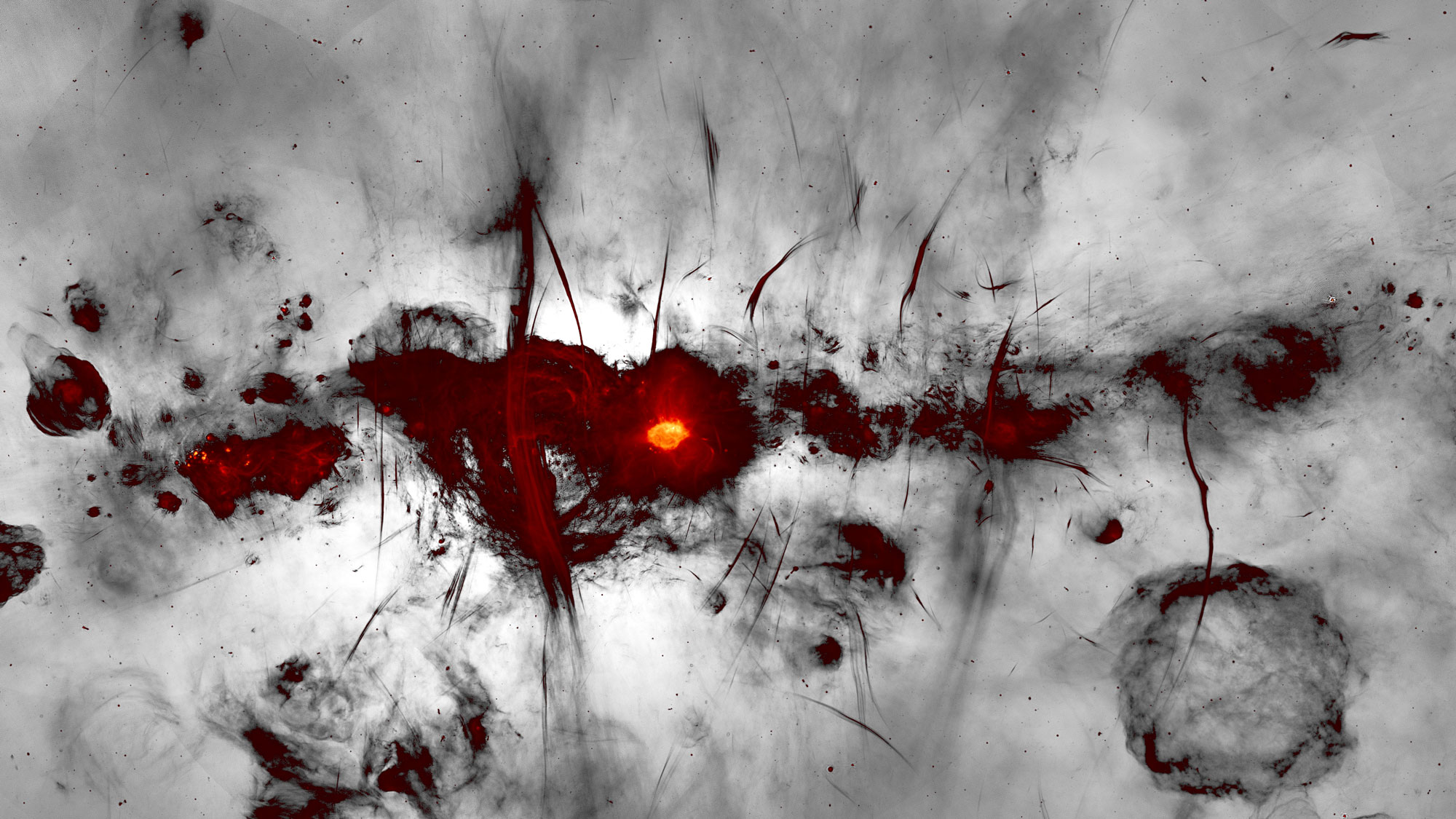
'Unlike any objects we know': Scientists get their best-ever view of 'space tornadoes' howling at the Milky Way's center
By Joanna Thompson published
Scientists have gotten the best-ever view of 'space tornadoes' howling near the Milky Way's black hole. The cosmic twisters could play an important role in distributing organic molecules throughout the galaxy.

We rate these as some of the best solar binoculars around — order them now just in time for the partial eclipse on March 29 and save 40%
By Paul Brett published
Deal Be ready for viewing the solar spectacle for under $60 with this Celestron binoculars deal at Amazon.
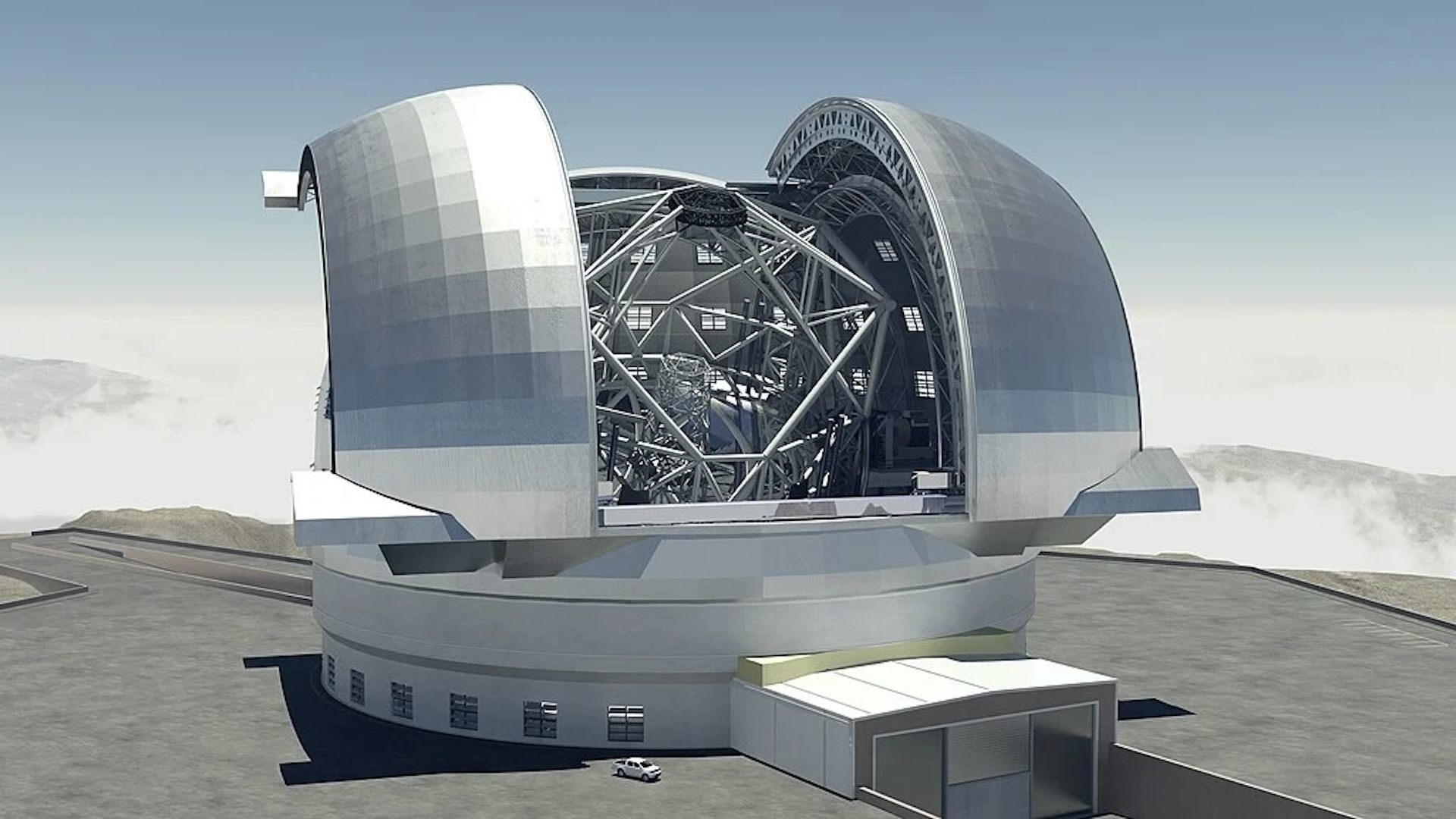
'Extremely Large Telescope' being built in Chile could detect signs of alien life in a single night
By Brian Koberlein published
The Extremely Large Telescope will revolutionize our view of the cosmos when it sees first light in Chile in 2028. In fact, it could detect hints of alien life around our closest neighboring star system in its first night of operations, new simulations suggest.
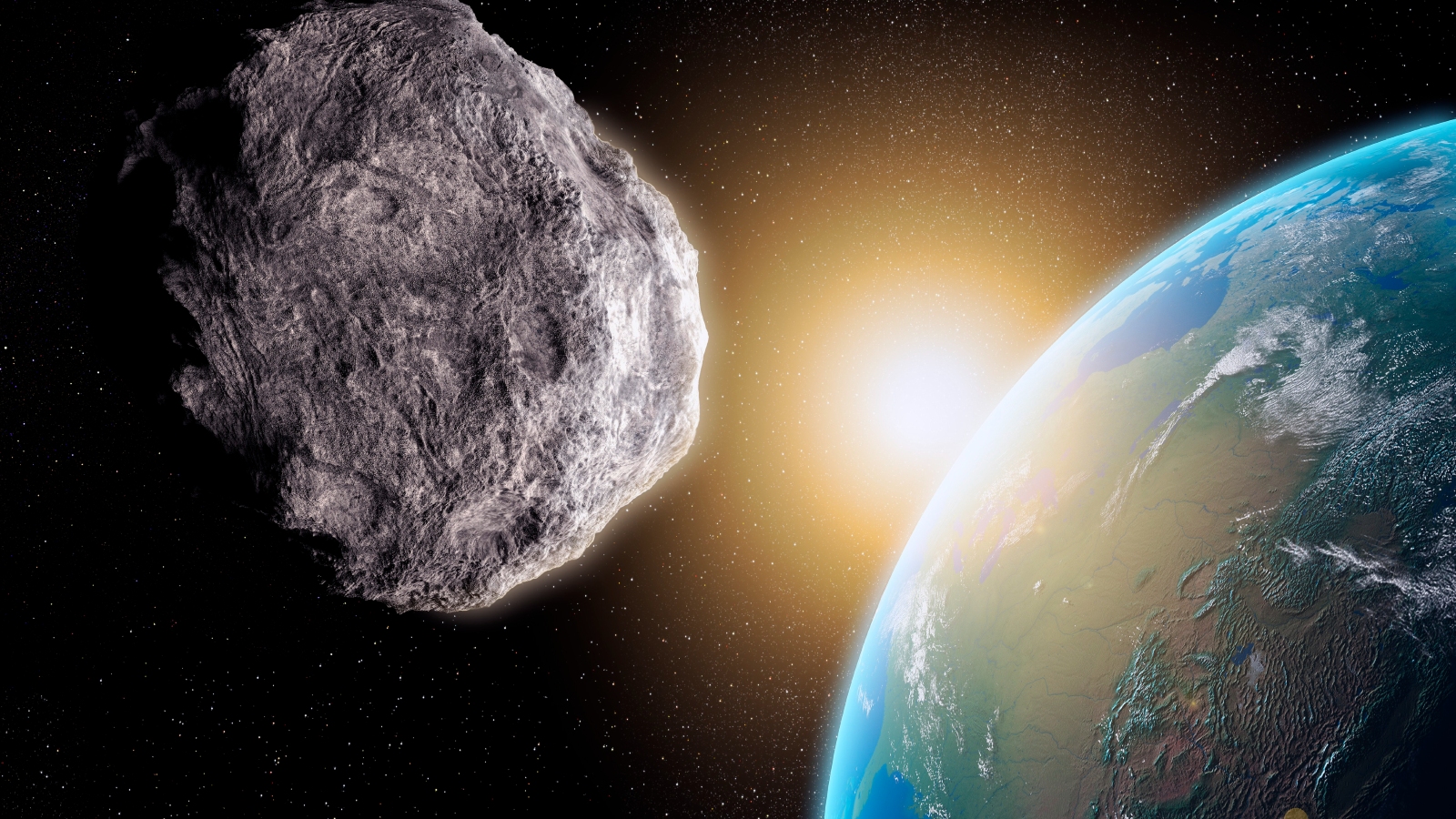
'Potentially hazardous' pyramid-size asteroid will make its closest flyby of Earth for more than 100 years this Wednesday
By Harry Baker published
The hefty space rock 2014 TN17 is large enough to wipe out a city, but it will pose no risk to our planet when it sails by this Wednesday (March 26). Researchers will monitor it carefully during its close approach.
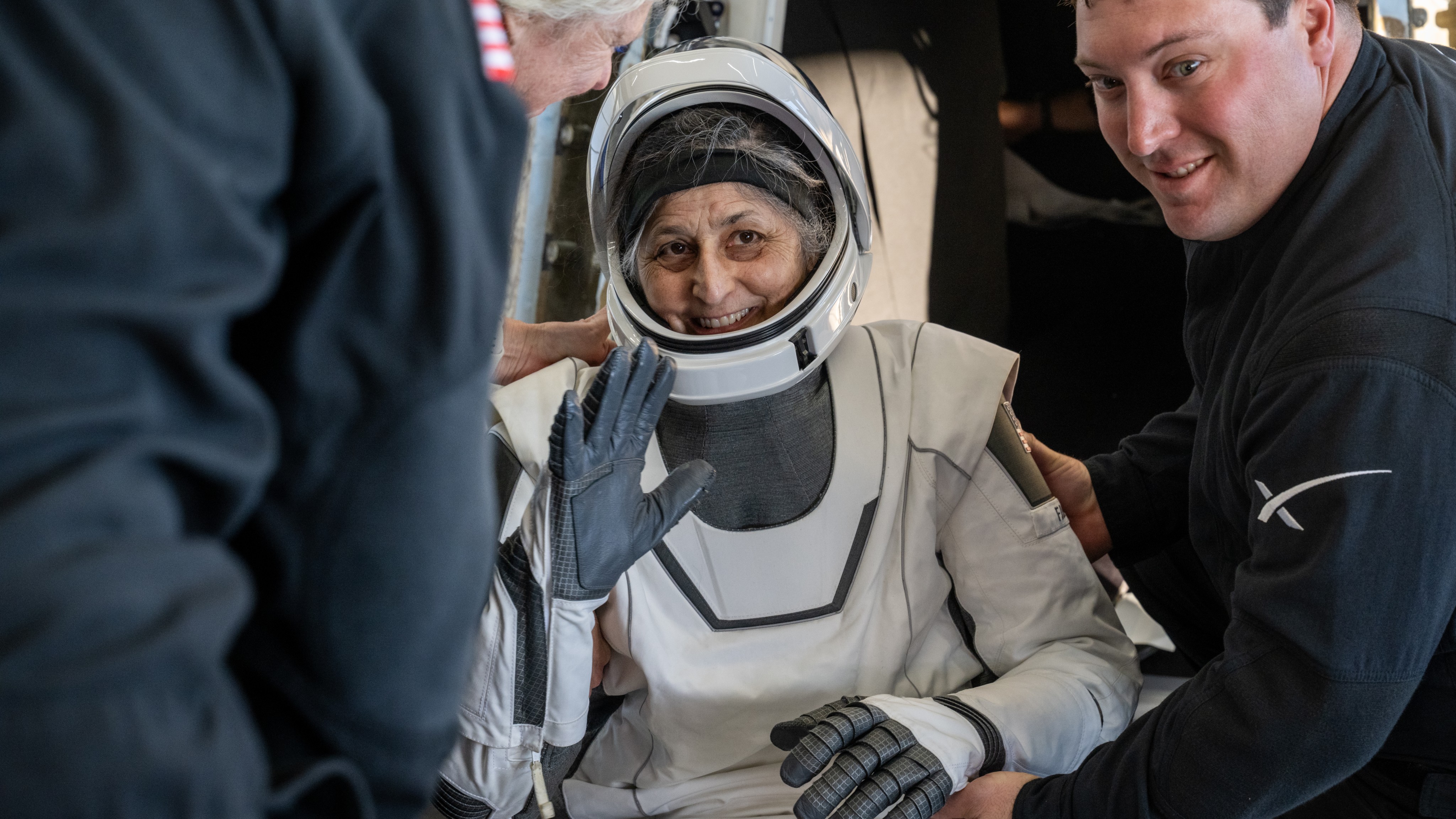
NASA astronauts Suni Williams and Butch Wilmore spent 286 days stuck in space — is that a new record?
By Brandon Specktor last updated
NASA astronauts Butch Wilmore and Sunita Williams spent 286 consecutive days aboard the International Space Station after their Boeing Starliner spacecraft returned to Earth empty. Is their extended spaceflight record-setting?
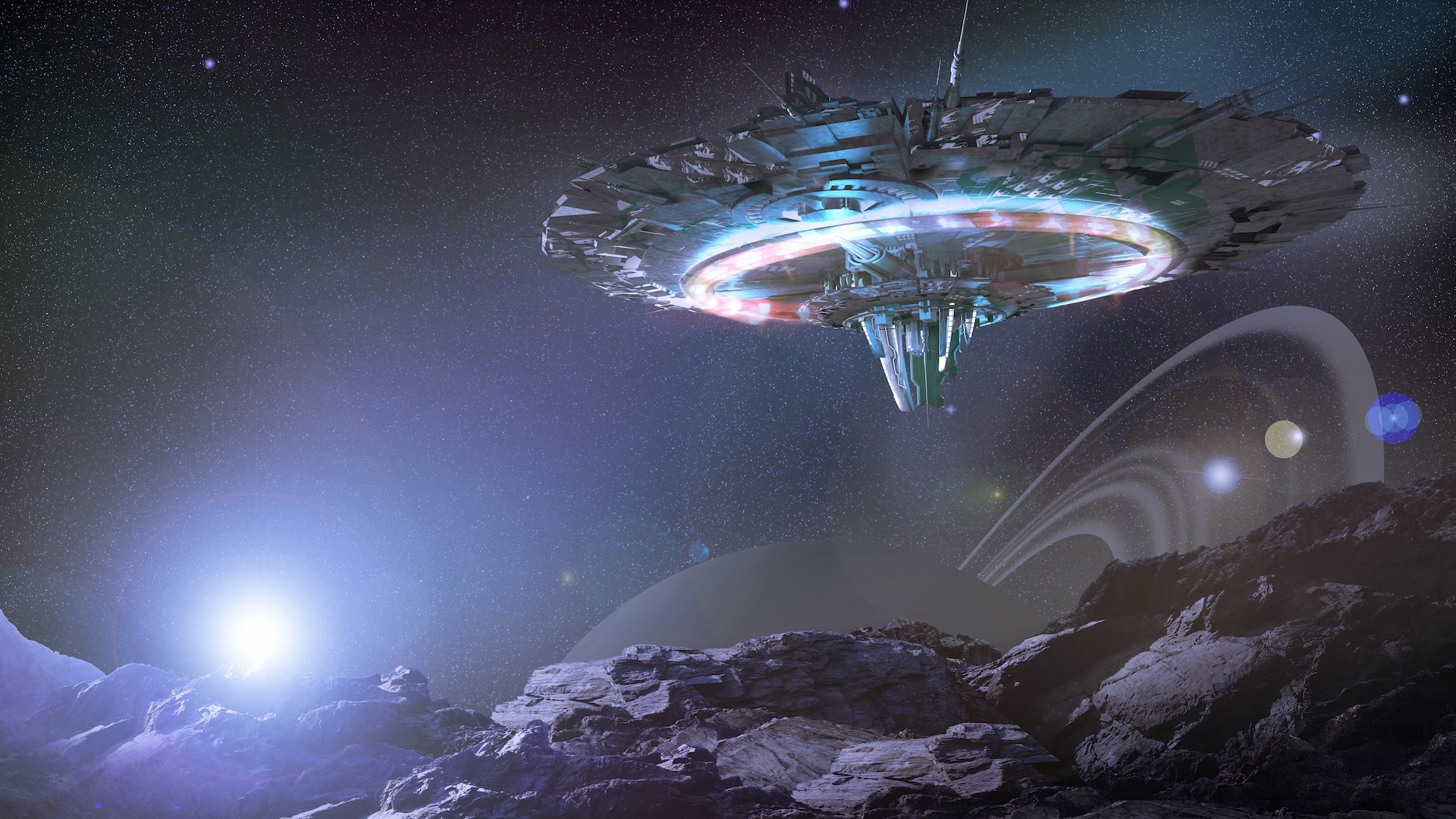
Intelligent aliens would need a power supply to jump-start their civilization — would they require fossil fuels?
By Sara Hashemi published
Fossil fuels powered the industrial revolution. Would aliens need a similar power source to jump-start a technical revolution?
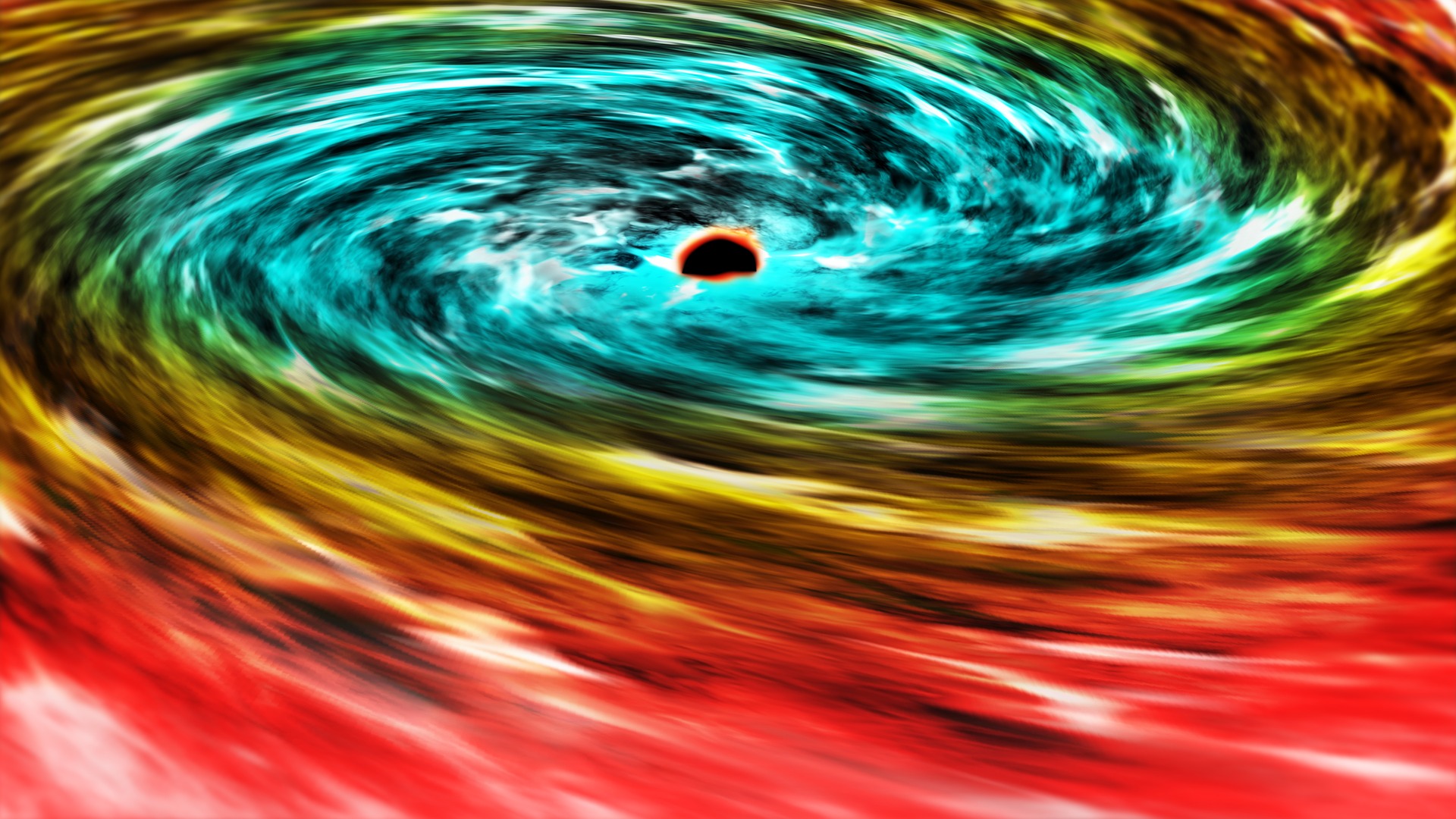
Stephen Hawking's black hole theory has big implications for the shape of the universe, new study claims
By Andrey Feldman published
Elusive black hole radiation predicted by Stephen Hawking may have influenced the way the universe took shape after the Big Bang, new research suggests.
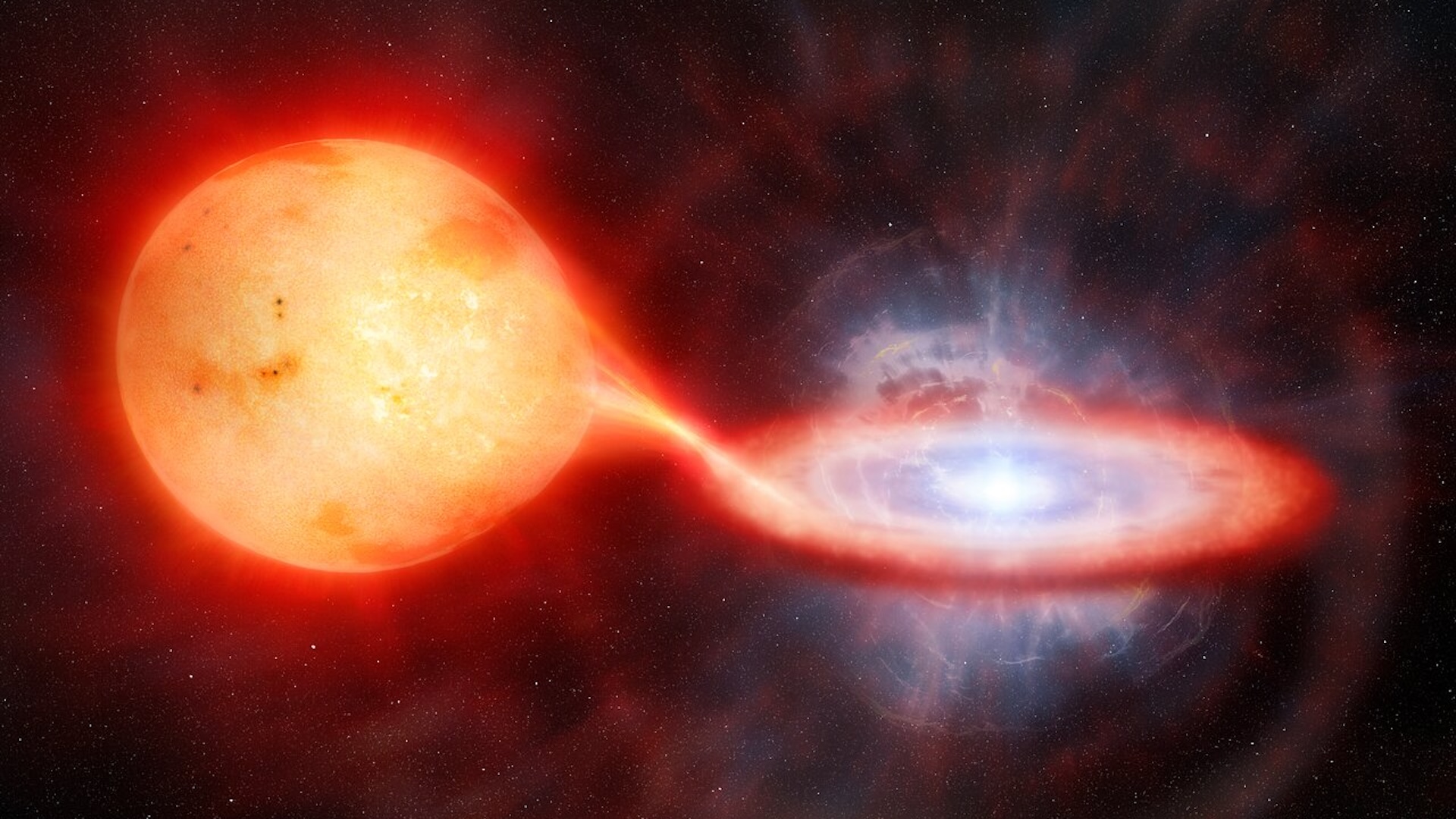
Weird repeating explosion beyond the Milky Way is one of the hottest blasts scientists have ever seen
By Shreejaya Karantha published
Researchers conducted the first-ever near-infrared analysis of an extragalactic recurrent nova and found it is one of the hottest nova explosions ever discovered.
Sign up for the Live Science daily newsletter now
Get the world’s most fascinating discoveries delivered straight to your inbox.
